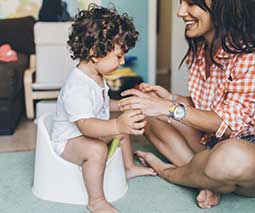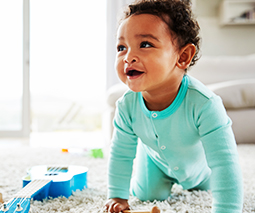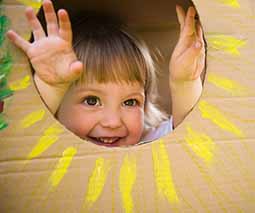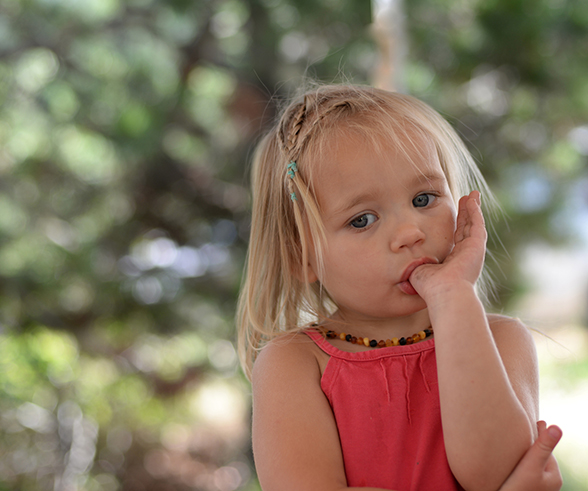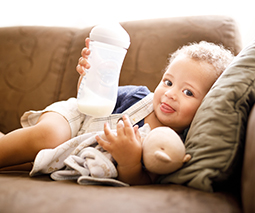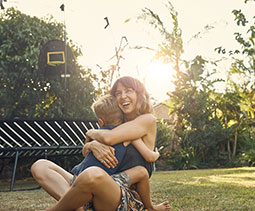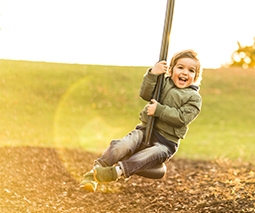Why banning the best friend is an “outrageous” preschool policy
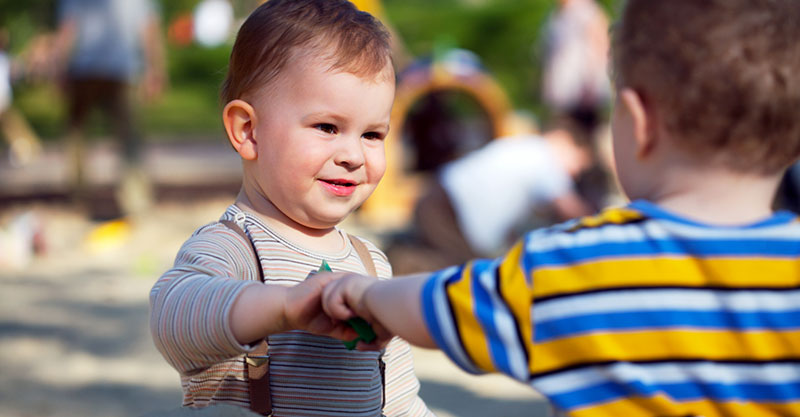
Earlier this year in Massachusetts, Christine Hartwell’s four-year-old daughter came home from preschool upset. A teacher had asked her not to use the term ‘best friend’ in class and a letter to the parents clarified this.
Ban the best friend
The letter advised that, in their experience, the use of the term ‘best friend’, even when used in a loving way, can leave some children feeling excluded.
Naturally, Hartwell was left feeling upset, calling the ban “outrageous” and “silly”. In an interview with Boston25 news, she said, “I want her to be able to express her thoughts and feelings in a healthy way, as children should.”
I couldn’t agree more.
Read more about friendship:
- Making mummy friends is harder than we think and here’s why
- Making friends: When shyness is cause for concern
- The 6 types of friends you make when you become a mum
Outrageous and silly
When my son started daycare some years ago, he quickly latched onto another little boy. Within weeks the two were inseparable and both regularly told me they were best friends. It was adorable.
At drop off, there was no stress because his ‘best friend’ was there to play with, and at pick up, they never wanted to part. As much as his blankie was his security when he slept, my son’s best friend was his security at care.
Their relationship wasn’t based on exclusivity or leaving anyone out. It was a bond they’d formed from common interests – mainly playing in the mud and sharing food.
It’s a friendship that spanned their four years there. And today they’re still good mates too.
But, the idea of not being able to call someone your best friend isn’t new.
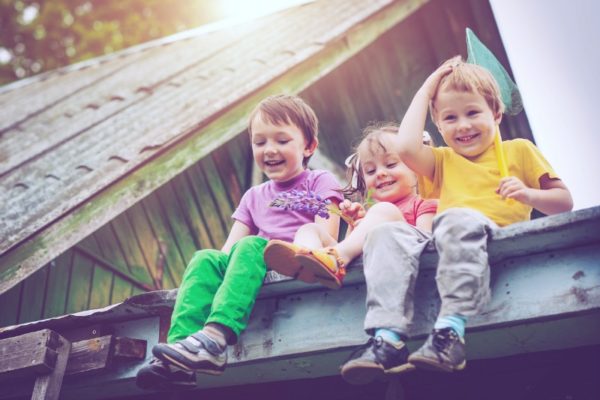
One in all in
Some schools in America and the UK have been implementing such policies for a while. Even four-year-old Prince George, who attends Thomas’s Battersea school where the policy exists, isn’t an exception to the rule.
In an interview with UK talk show, Loose Women, a parent at Prince George’s school said, “There’s a policy that if your child is having a party — unless every child is invited — you don’t give out the invites in class.”
While it’s currently unknown if any Australian daycares or preschools currently ban ‘best friends’, it may only be a matter of time before they do. After all, whatever the US and UK do, we tend to do too.
But should we really even consider this absurd idea, particularly at a very young age?
“A normal and imperative aspect of childhood”
“Although it might be tempting to ban this word, it doesn’t actually change the fact that children are learning about where they fit in social groups outside of their family,” says registered psychologist, Rachel Hard.
“This forming of relationships and figuring out their position in a social hierarchy is a normal and imperative aspect of childhood.”
Hard acknowledges that it’s good for children to be in situations where they learn how to get along with a wide range of people and how to maintain friendships.
A nice idea but not realistic
She also recognises that such bans come with good intentions. However, she notes that implementing them is just not realistic.
“As humans, we’re driven to make social and emotional connections,” she says. “We’re motivated to find close relationships that are mutually beneficial (best friends) and meet our needs for connection.”
In addition to this, Hard notes that we need to teach children resilience.
“Not everyone is going to like them, and they won’t necessarily like everyone,” she says. “But developing skills to work together is important and part of growing up.”
